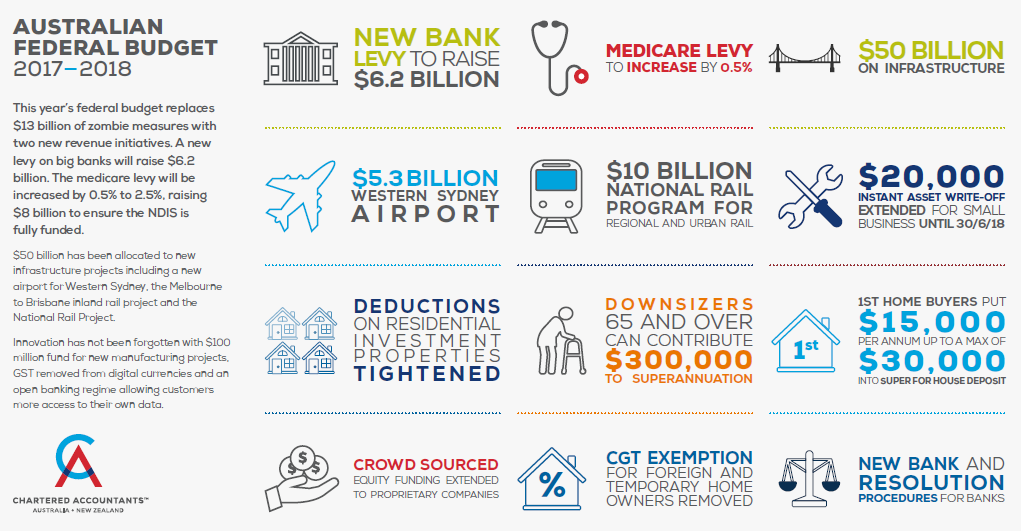In recent media releases, ASIC has called on superannuation trustees to step up efforts in the areas of appropriately dealing with members money, and consolidating duplicate member accounts. The calls follow 2 ASIC reviews which identified either poor trustee practices or deficiencies in these areas. “We expect all trustees to closely review their policies and procedures against the issues identified and take immediate steps to close the gaps. We will continue to monitor how trustees are consolidating duplicate accounts. Where we identify serious failures impacting consumers, we will take enforcement action where appropriate” – ASIC Commissioner Danielle Press
The first ASIC review involved a sample of 12 superannuation trustees (a mix of industry, retail and corporate super funds with both internal and outsourced administration arrangements) to understand how they were meeting their legal obligations under the Corporations Act 2001 for dealing with incoming money from consumers if a new or increased interest in a super product could not be issued by the next business day. Under s1017E, money must be held in trust in an account that meets certain requirements until the product is issued or increased for the consumer or the money is returned. Failing that, the money would be paid to ASIC as lost application money. Section 1017E also imposes a specific disclosure requirement related to interest earned on money. From that review, ASIC identified compliance gaps, with all but one trustee failing to ensure their practices or disclosures aligned with their legal obligations. The four main issues it identified were: using a non-compliant account to hold money (an account not a designated trust account); not holding money for the required time (before a new or increased interest for a member was issued, incoming money was being moved out of the prescribed account daily and invested as part of a general fund strategy); failure to identify money subject to the requirement ( certain trustees had no daily monitoring arrangements in place or did not check how their service providers handled money for a member when it was first received); inadequate disclosures to consumers ( trustees often did not clearly explain who would receive the benefit of interest earned on incoming money before a product was issued or increased, or explain when no interest would be payable). At the conclusion of the review, ASIC raised these concerns with trustees reviewed and separately communicated with major auditing firms and industry bodies to reiterate the role auditors can play in assisting to identify and address compliance issues in a timely manner.
The other issue that ASIC is currently concerned about follows a review of 9 trustees, again a mix of industry and retail super funds, which found poor trustee practices resulting in consumer harm in relation to consolidating duplicate member accounts. Among other things, ASIC’s review found the following issues: 3 out of 9 trustees did not have documented business rules for identifying and consolidating multiple accounts on an annual basis across some or all of their funds; 8 out of 9 trustees undertook some form of best interest assessment across one or more of their funds; most trustees contacted their members about duplicate accounts even though they were not specifically required to do so; 2 trustees with multiple funds did not have an internal policy on consolidating duplicate accounts, instead relying on the administrator to have a process in place. On the issue of duplicate accounts, ASIC notes that it is engaged closely with APRA and will continue to work closely to ensure trustees meet their obligations.
Speak to one of our accountants if you have any questions about the changes in tax for 2023.




